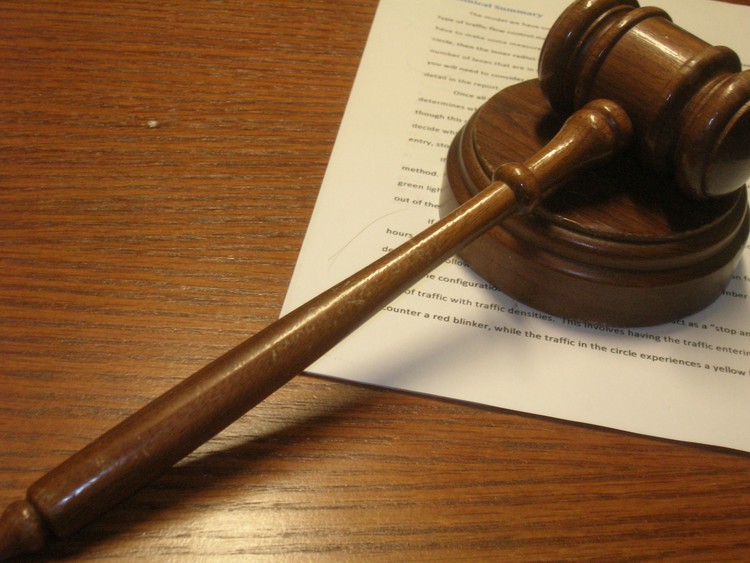
Tobacco Companies Go to Court to Challenge Regulations
Tobacco companies want access to minutes of behind-closed-door meetings where ministers voted on Covid-19-busting regulations. In its urgent application lodged in the Pretoria High Court on Monday, Fair-Trade Independent Tobacco Association, which represents eight tobacco manufacturers, are challenging the further ban on the sale of cigarettes in the second phase of the lockdown which began […]

Tobacco companies want access to minutes of behind-closed-door meetings where ministers voted on Covid-19-busting regulations.

In its urgent application lodged in the Pretoria High Court on Monday, Fair-Trade Independent Tobacco Association, which represents eight tobacco manufacturers, are challenging the further ban on the sale of cigarettes in the second phase of the lockdown which began on 29 April.
The decision was an apparent about-turn, after President Cyril Ramaphosa announced earlier in the week that the ban would be lifted.
The association says what brought this about was “shrouded in mystery”. And, instead of acting within their “extensive powers”, ministers and state officials were abusing them.
It is asking the court to order Ramaphosa and Co-operative Governance Minister Nkosazana Dlamini-Zuma to provide minutes of the National Command Council (NCC) where a vote was taken regarding the promulgation of the initial disaster regulations gazetted on 25 March.
The association also wants minutes of NCC meetings which led to Ramaphosa’s announcement and the subsequent vote in favour of the continued ban and a full record of the decision and reasons for it.
In his affidavit, Sinenhlanhla Mnguni, the association’s attorney, says the President and the Minister must account to all South Africans about the logic behind the ban, which has resulted in massive tax losses to the country, a rise in illicit trade, and “is self-evidently irrational”.
“There has been a clear failure to balance the interests of citizens who are legally entitled to purchase tobacco products with the measures that may responsibly and legitimately be taken to combat the epidemic.
“Many of the efforts are commendable … but in the midst of a pandemic, we cannot allow for constitutional prescrips to be violated. A loss of confidence in respect of some of the regulations has the knock-on effect of a loss of confidence in the regulations as a whole.”
Mnguni said no minister had, to date, demonstrated how the ban was assisting in preventing or reducing the spread of the virus.
Public comments had been limited to the ills of smoking but had not been adequately linked to the fight against Covid-19.
“Any food or substance that is deleterious to health would also fall into the category of what is harmful to health. If health was truly a factor, why has there been no prohibition on non-essential and unhealthy foods such as junk food, chocolates, fizzy drinks and sweets?
“Health minister Zweli Mkhize is on record as saying that underlying illnesses such as diabetes, hypertension and chronic renal disease have been the pattern for most deaths.”
He said concessions had been made in other sectors, such as for mini bus taxis, despite the fact that these could pose dangers and threats to health and safety.
The association is asking the court to give urgent consideration to the matter and lift the ban. It has proposed the government be given until 19 May to file the minutes.
Editor’s note
Without wishing to weigh in on any side in this court battle, we wish to point out that, on Friday, a study was published in the New England Journal of Medicine that provides compelling evidence that cigarette smoking is associated with a higher risk of death for Covid-19 hospital patients.
There may be good reasons to overturn the cigarette ban: it may be unlawful, it may foster the growth of the illicit tobacco trade and it’s unknown if banning cigarettes now will make the slightest difference to current smokers’ probability of dying of Covid-19 in the next few months. But it is likely that smoking worsens Covid-19 outcomes.
For further details, see Covid-19 Report Issue 2.
Published originally on GroundUp / © 2020 GroundUp.